Scientists around the world have been desperately trying to explain just how aggressive the negative side effects of climate change have become. And now, they have yet another problem to add to the ever-growing list.
Researchers have noticed that even the “least encountered” whales on the planet are being affected by climate, which they say is a sign that no corner of the world is safe.
Human Error Has Drastically Affected the World’s Oceans
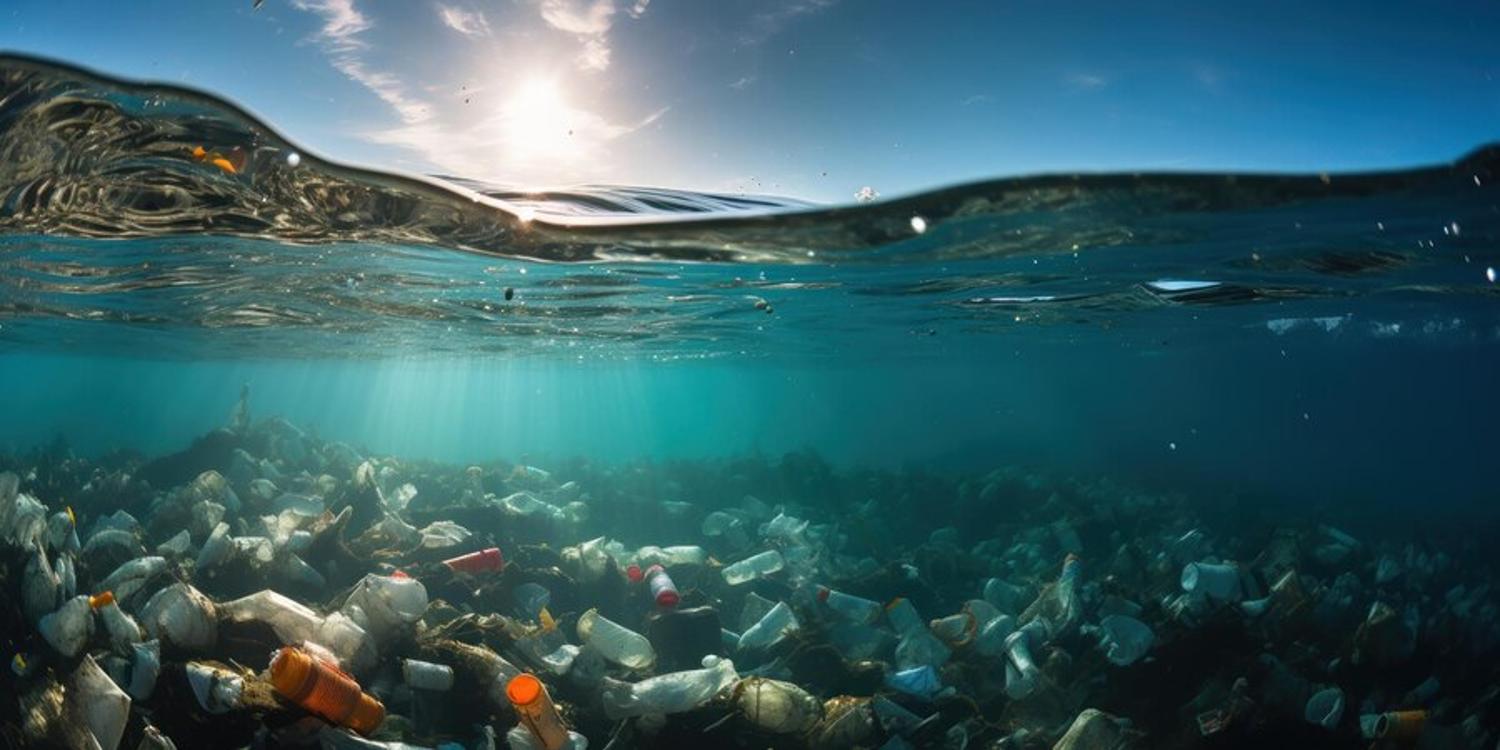
It’s common knowledge that the decisions of humans have dramatically affected the world’s natural ecosystem, most specifically its vast oceans.
And plastic pollution is unquestionably one of the most pervasive of the many problems plaguing the oceans. In fact, experts believe up to 13 million metric tons of plastic end up in the ocean each year, directly harming marine life.
There Are Trillions Upon Trillions of Microplastics in the Ocean
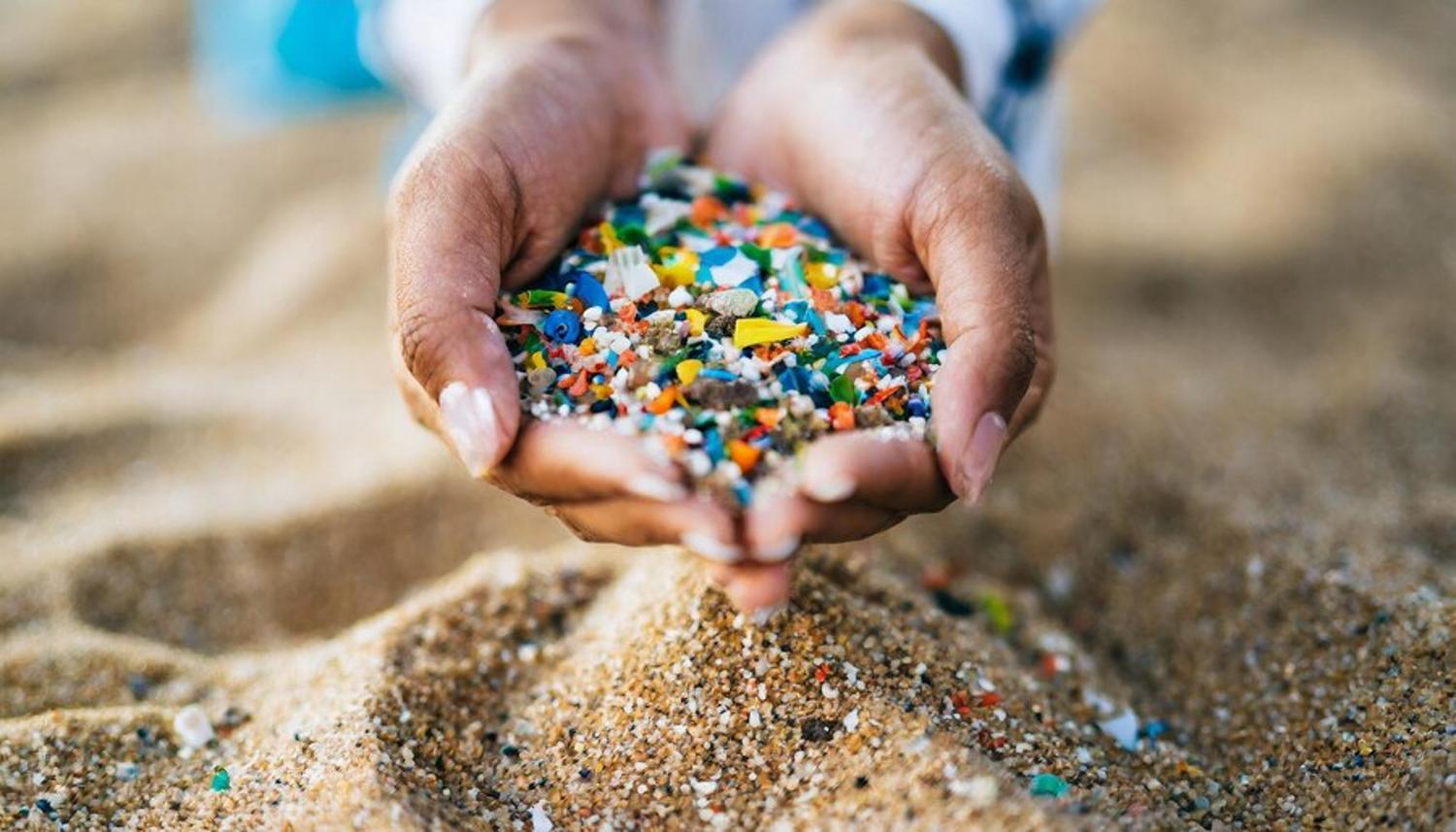
Some marine animals, such as seabirds, turtles, whales, and fish, can become entangled in the plastic and even drown, but almost every single animal in the sea has ingested a substantial amount of plastic.
Large plastic pollution is a problem, but some argue microplastics are even more dangerous. There are hundreds of trillions of pieces of microplastic in the ocean, and when animals ingest this plastic, it causes behavioral changes, mass deaths, and even poisons the humans who ingest seafood on a regular basis.
Heatwaves Are Bad News for Ocean Life
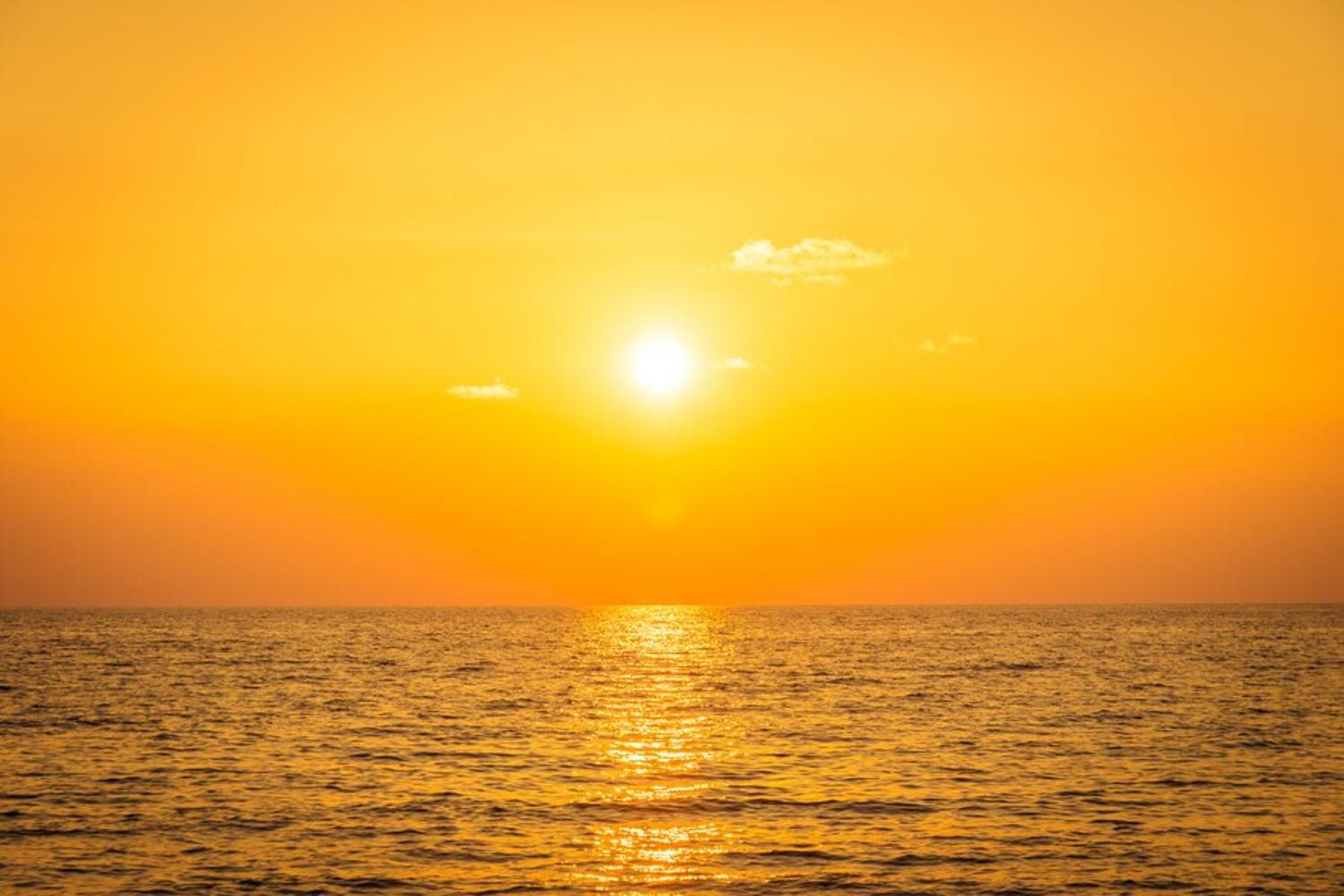
However, plastic is far from the only issue. Drastic heat waves in both the air and water are also negatively impacting marine life and the overall function of the oceans’ ecosystems.
As ocean waters heat up, they become less dense, taking up more space and rising sea levels around the world. Additionally, the increased temperatures cause extensive coral bleaching, killing the absolutely necessary ecosystems, increasing disease among marine life, and igniting unnatural shifts in hundreds of species.
The Vicious Cycle of Climate Change
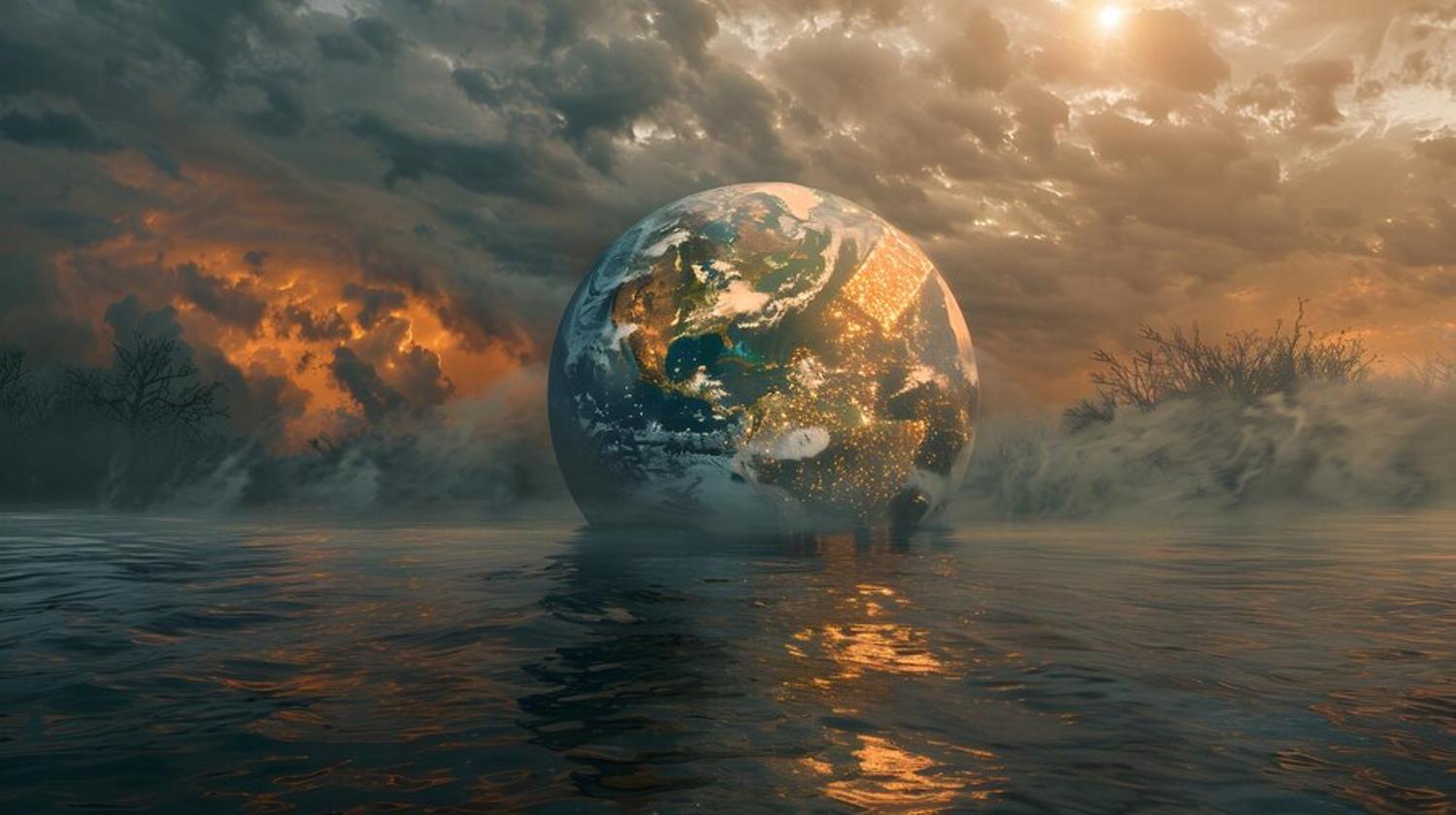
Many people still don’t understand that climate change is a vicious, never-ending cycle. As temperatures increase, more ice sheets melt, raising ocean temperatures even more. As the oceans warm, marine life acts differently and even dies, creating a lack of biodiversity.
Decreased biodiversity then affects the chemical makeup of the water, increasing the amount of CO2 in the air. This causes problems, including soil degradation, and minimizes biodiversity on land. Subsequently, warming temperatures in the air to start the process all over again.
Excessive Sonar Is Also Affecting Marine Life
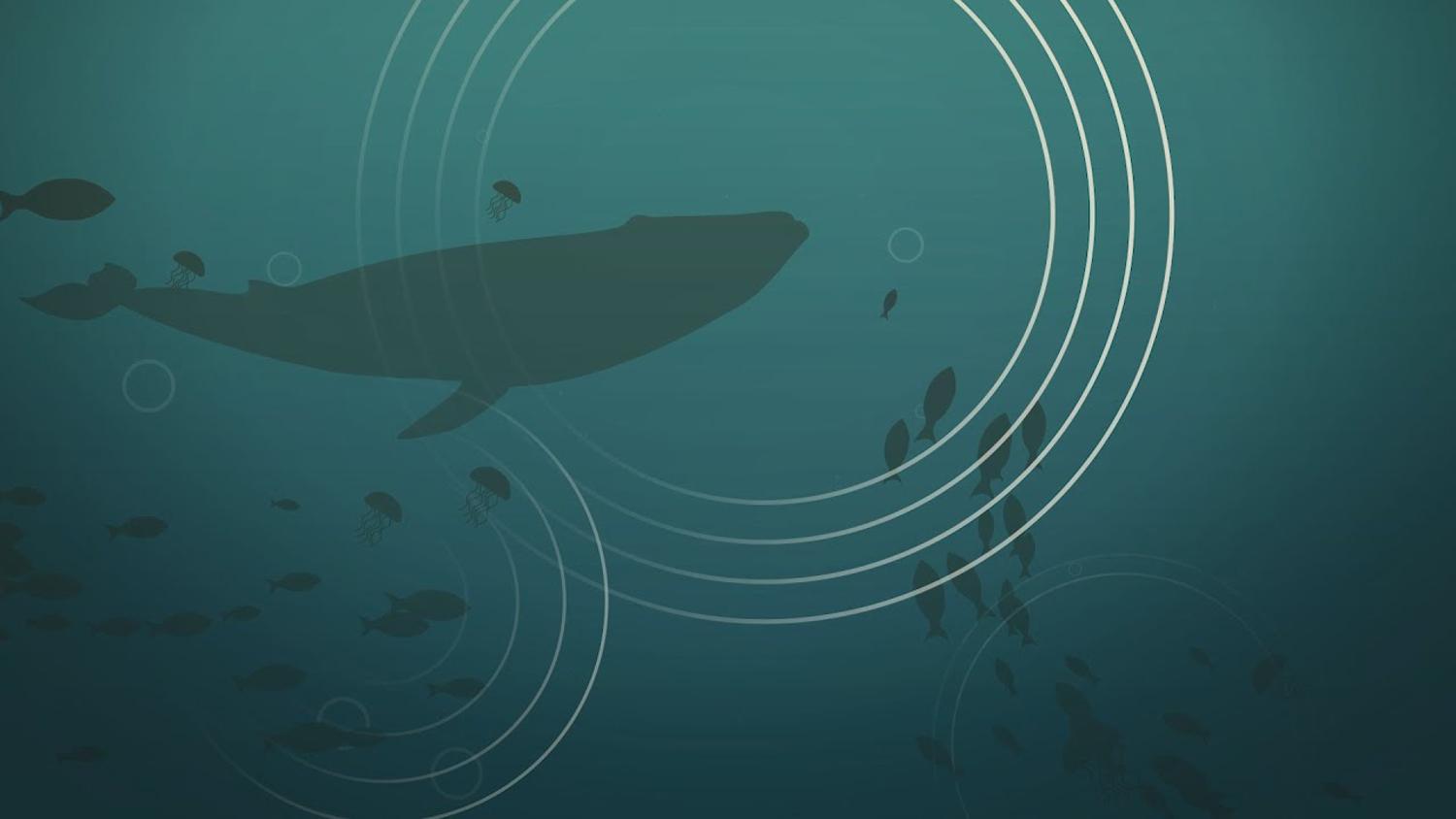
It’s interesting to note that while climate change is affecting the world’s oceans in countless ways, other human habits are also contributing to the demise of the necessary ecosystem.
Industrial fishing and overfishing are huge problems, as are oil spills and extensive sonar use. Research shows that marine mammals, specifically whales, are extremely sensitive to sonar, and their responses to this sound navigation could lead to the extinction of entire species.
Study Shows Beaked Whales Are Now Feeling the Effects
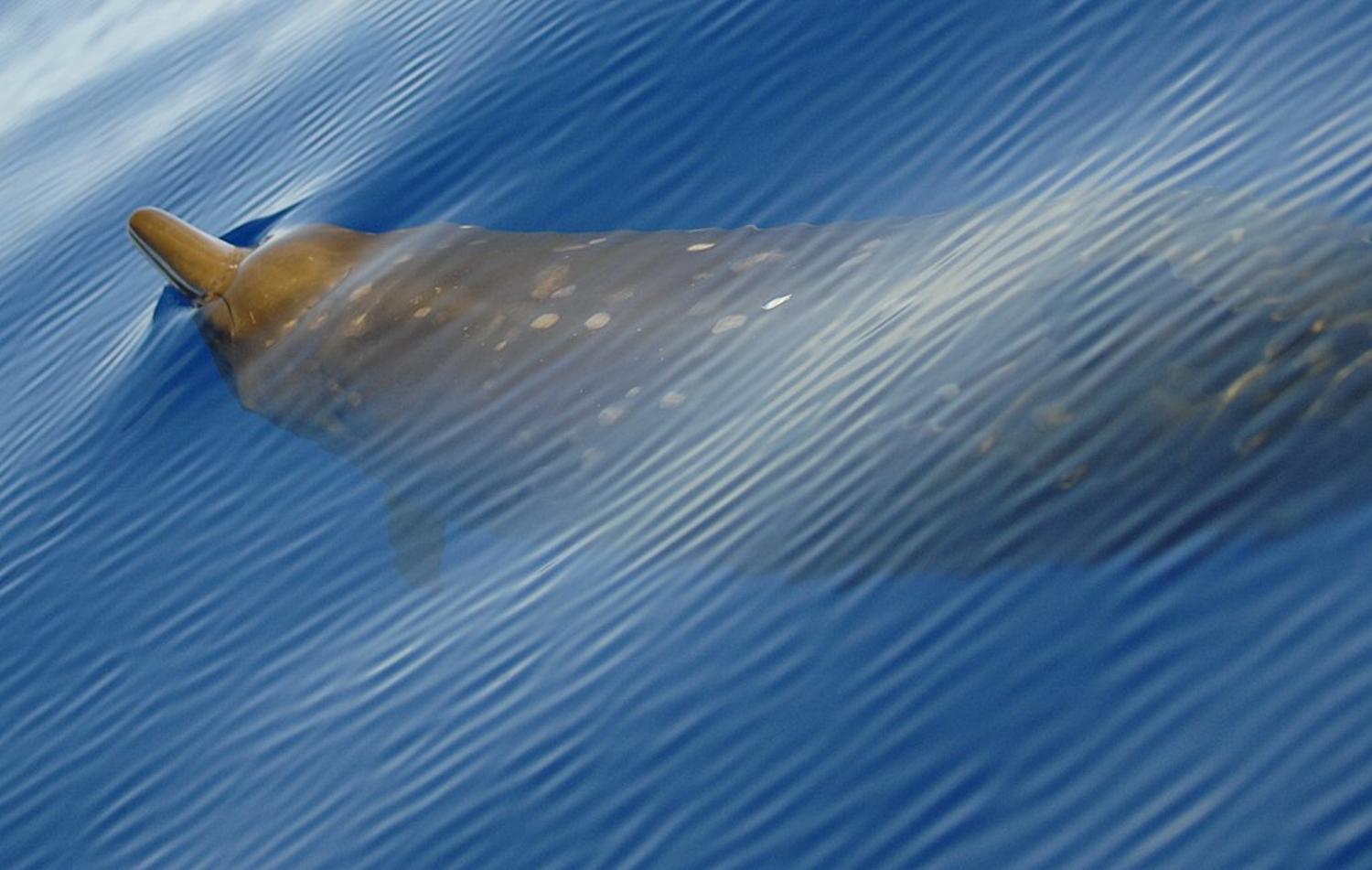
Scientists have conducted extensive studies to find out how warming temperatures, plastic pollution, microplastics, overfishing, and even sonar are affecting marine life.
But recently, one study specifically focused on the rarely seen beaked whales and how their lives may have changed. What they found is incredibly interesting, as well as very concerning.
Beaked Whales: The Least Encountered Mammals on Earth
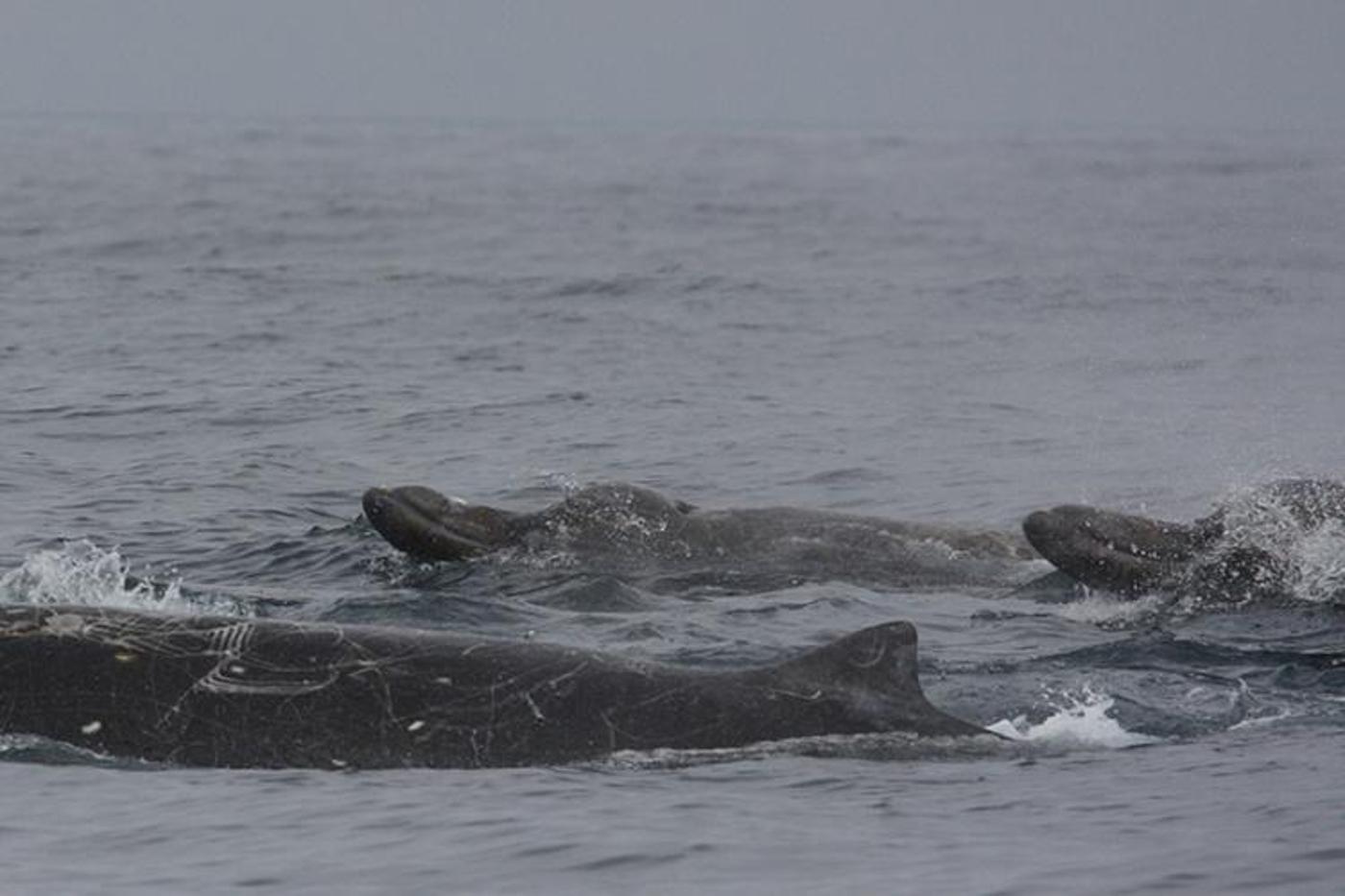
The study, which was published in the Royal Society Open Science journal in April 2024, calls beaked whales “one of the least encountered mammals” on Earth.
There are 24 species of beaked whales, and while they live in every ocean on the planet, these whales mostly reside in the deepest waters, keeping them far away from most human beings.
Even the Far Corners of the Ocean Are Negatively Affected
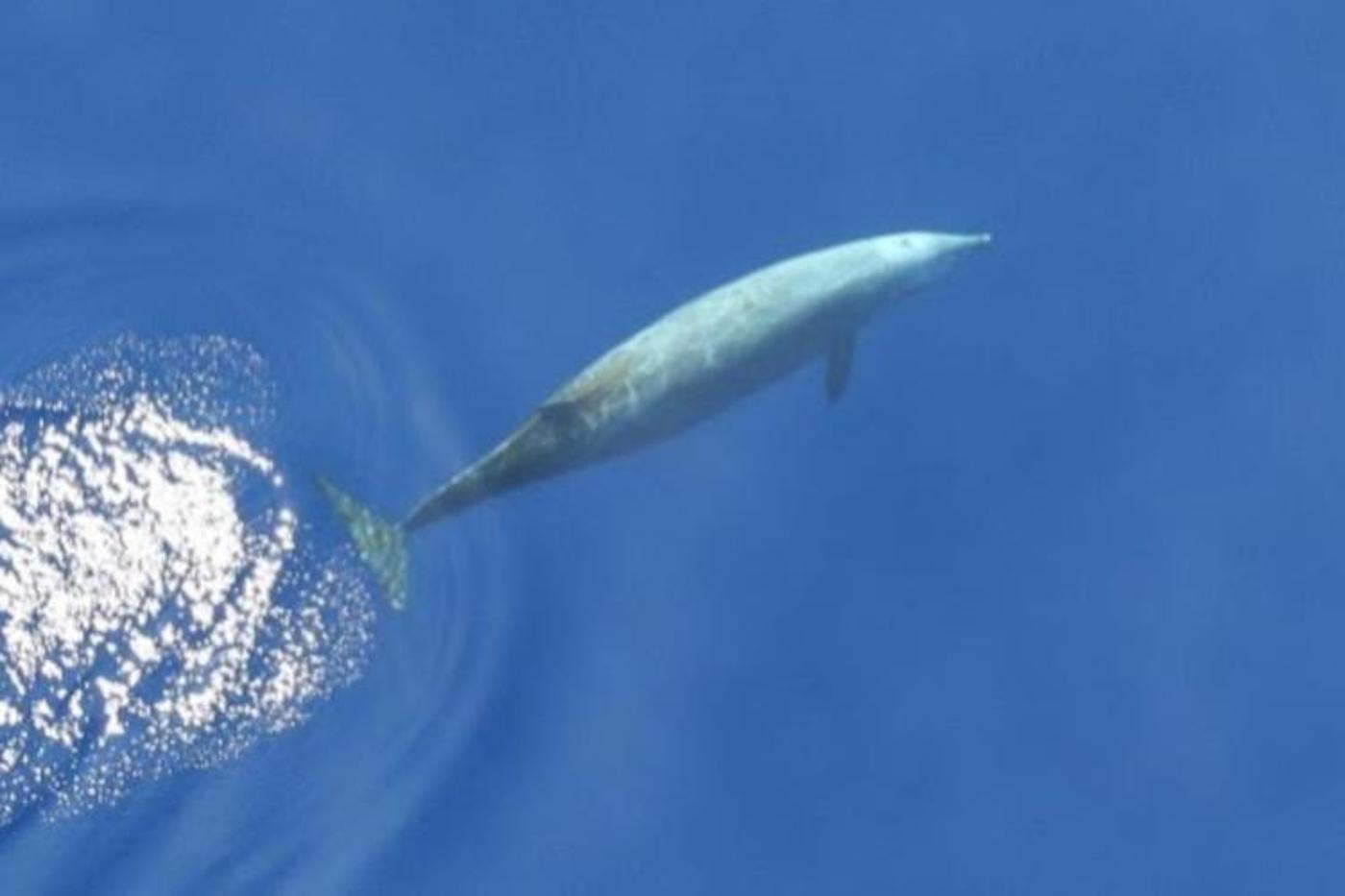
The study noted beaked whales have absolutely been affected by plastic pollution, sonar use, and warming ocean temperatures. They saw significant behavioral changes, including how they interact with each other, their migration patterns, and population levels.
Laura Feyrer, a research scientist at Fisheries and Oceans Canada, explained, “This pervasive reach of human influence, particularly plastics across a wildly large number of species, suggests that virtually no area of the world’s oceans is untouched by human activity.”
Studying Whales Will Help Scientists Understand Climate Change
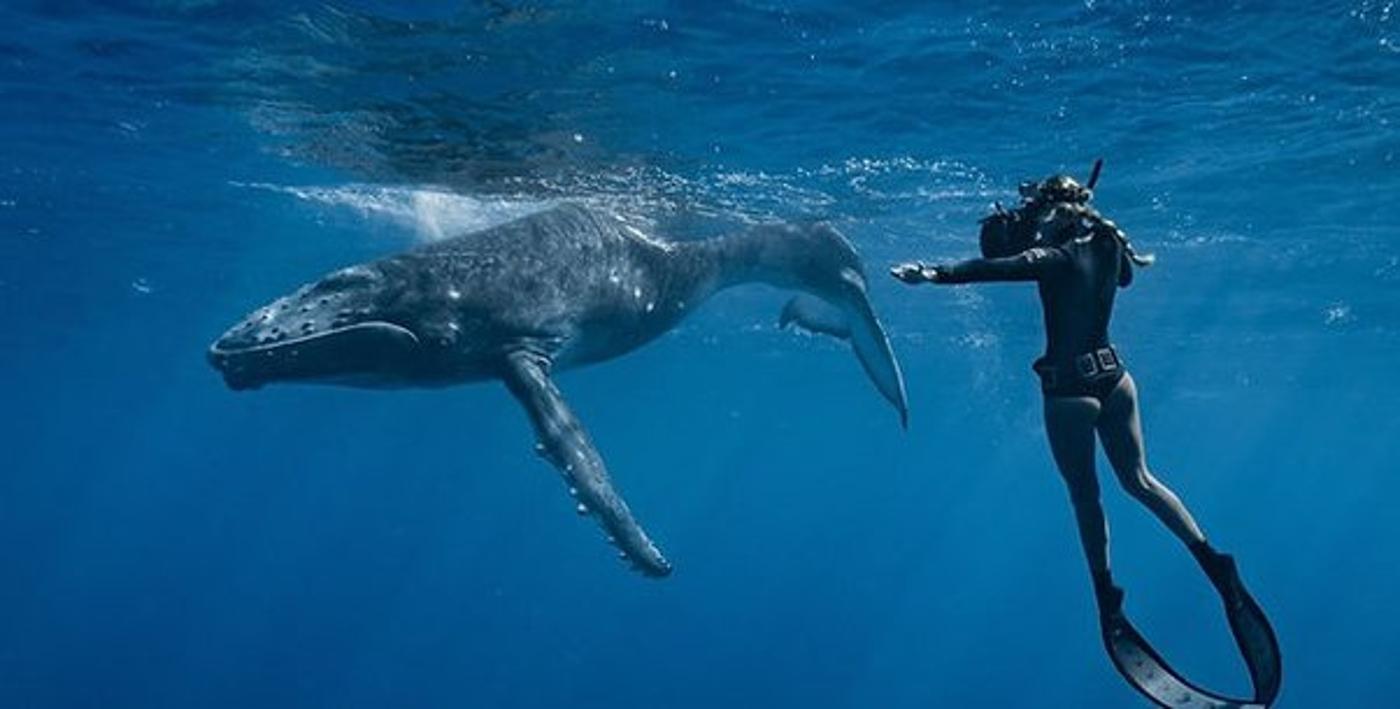
Feyrer continued, “The situation with beaked whales can serve as a cautionary tale as it suggests that no species is immune to anthropogenic impacts, irrespective of their remoteness or rarity.”
In understanding these remote creatures, scientists hope they can not only gain a better grasp on the pervasive negative side effects of climate change but also increase awareness of just how far-reaching this problem really is.
The Planet Is Heading Toward Another Mass Extinction
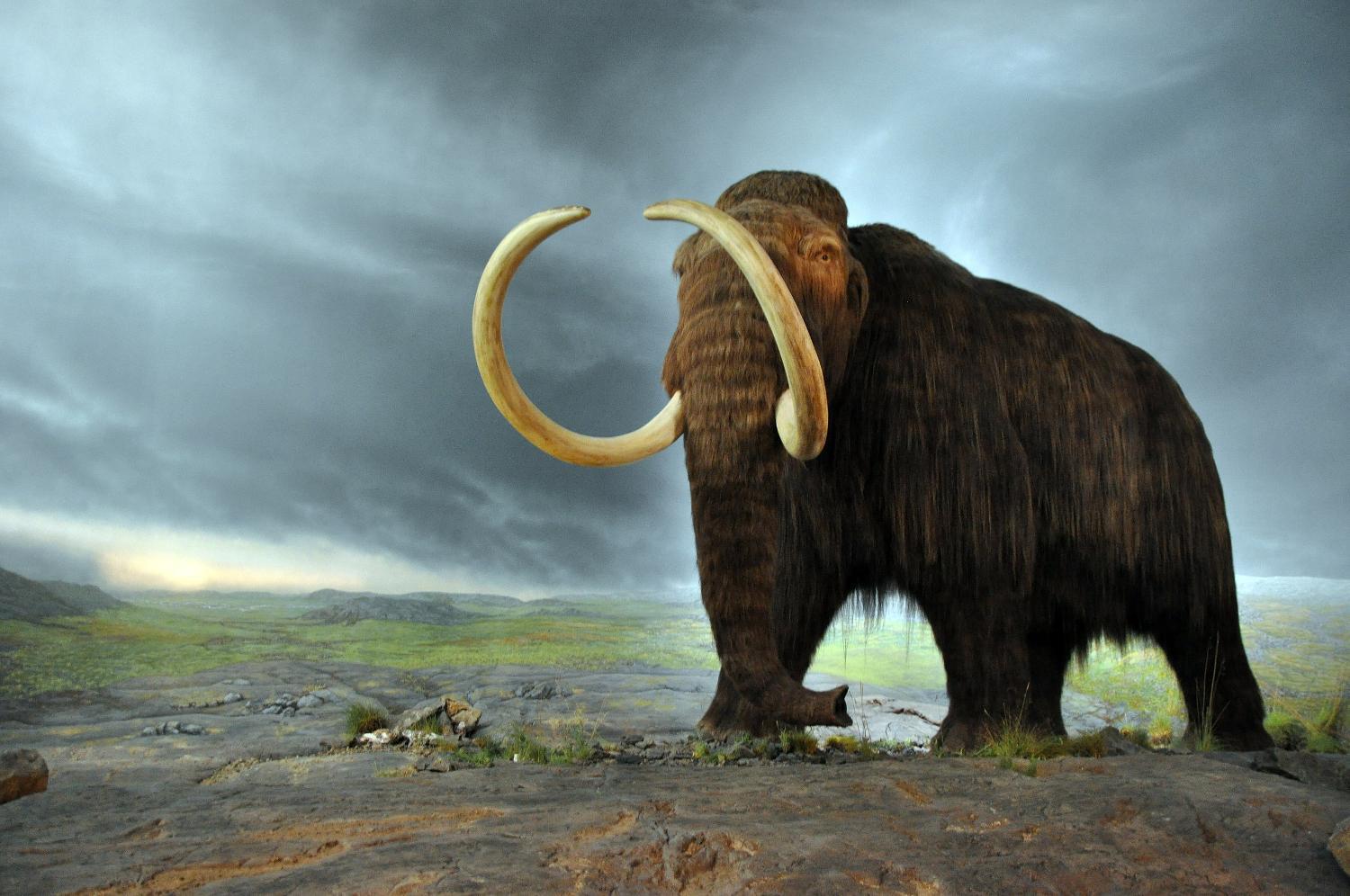
There are many scientists who believe another mass extinction is either on the way or even already here.
Elizabeth Kolbert wrote in 2014 that we are currently living through the Earth’s sixth mass extinction and that, over the next three generations, as many as half of all living species could be obliterated from the planet.
It’s Time to Save Our Oceans
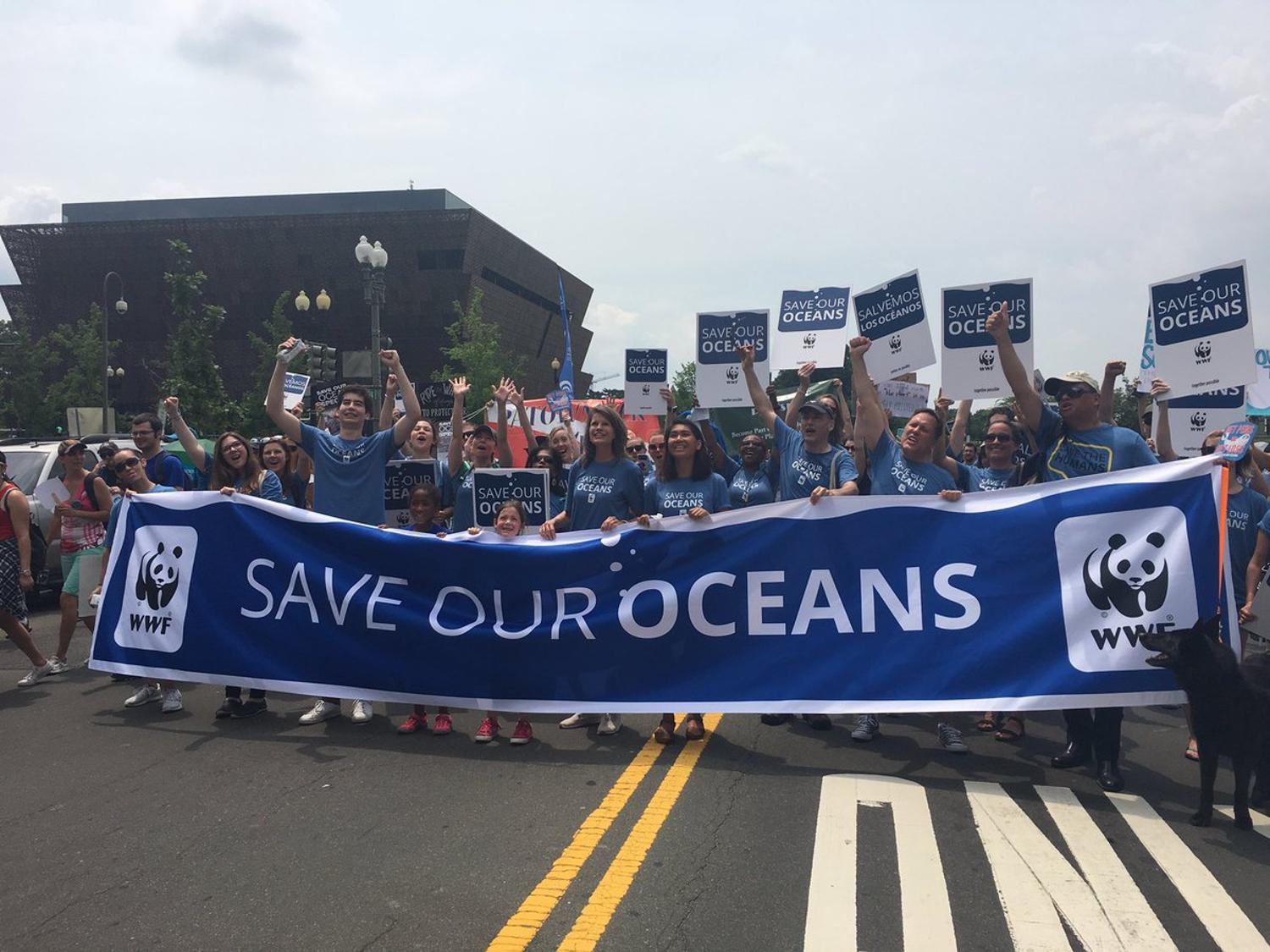
While there is some debate as to just how drastic the next extension will be, very few scientists are denying the fact that it will happen. And the study that followed isolated beaked whales around the world is just further evidence that every animal on the planet is at risk.
The success of all animals, including the remote beaked whales, will determine whether or not our species survives. It may be too late for some, but if we take action now, we could save hundreds or even thousands more species, including the whales.








































